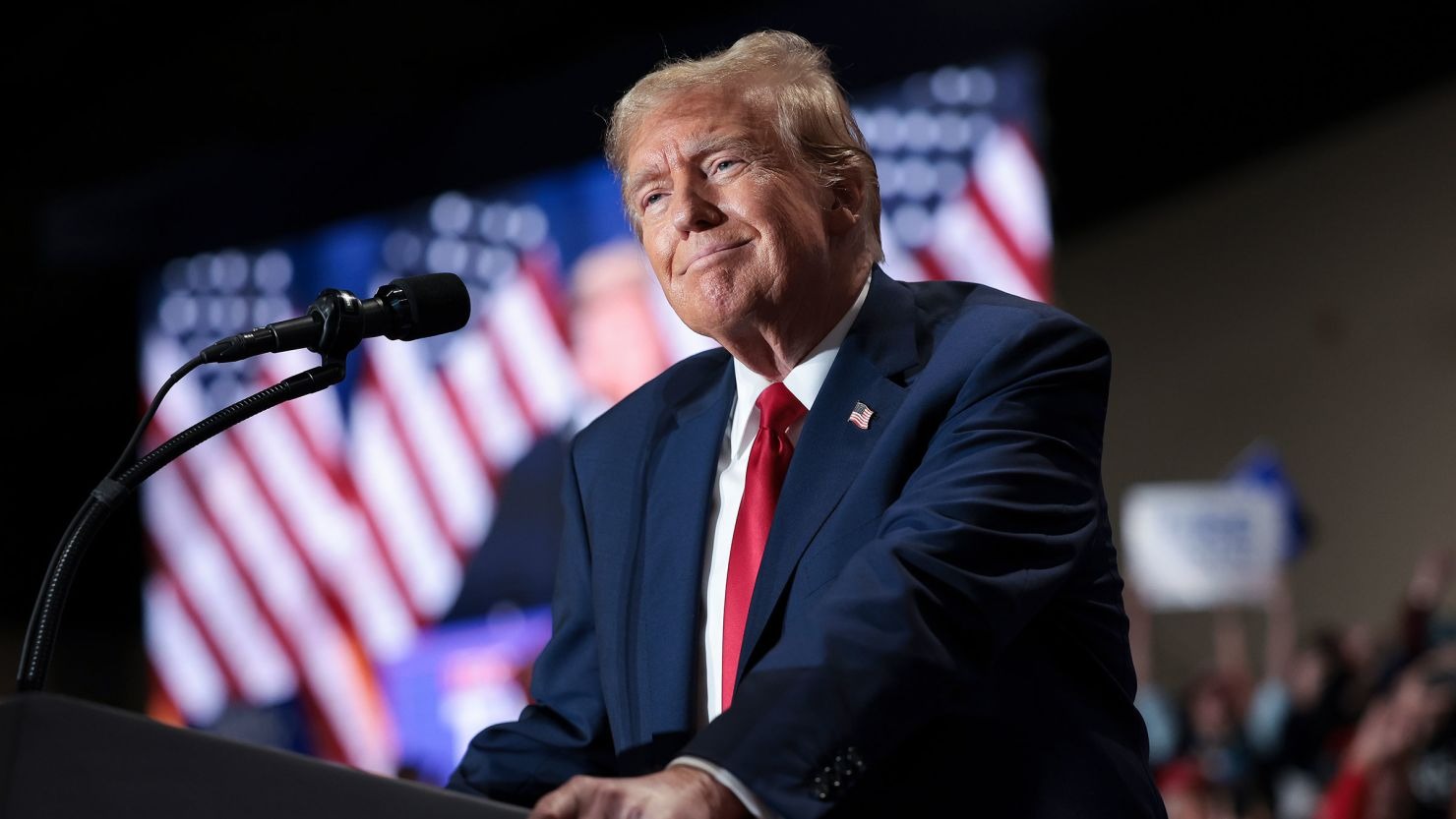On Super Tuesday, 16 states hold primary contests, and the rules for voter participation vary across these states. Some states have open primaries, where registered voters can participate in either party’s primary.
In others, registered party members and independent voters can participate. However, four states still have closed primaries, where only registered party members can participate in their party’s primary.
The closed primary states on the Republican side are Alaska, California, Oklahoma, and Utah. In these states, voters can often register for the party at their polling place or caucus site if they wish to participate.

Comparing former President Donald Trump’s margins in closed primary states with those in open primary states could be interesting, especially since independent voters play a significant role in general elections.
Here’s a look at how independent voters and others who don’t identify with either major party voted in the first three states of the 2024 primary calendar, all of which Trump won:
Iowa GOP caucuses: Only Republicans could participate, but voters could register with the party at their caucus site. Results showed that 16% of voters were independents, and Trump won 42% of independent voters.
New Hampshire GOP primary: This was not completely open, as only registered party members and independents could participate in the Republican primary. Results showed that 44% of voters were independents, and former South Carolina Gov. Nikki Haley won 58% of independent voters compared to Trump’s 39%.
South Carolina GOP primary: This was an open primary where any registered voter could participate. Results showed that 27% of voters were independents, and Haley won 54% of independents compared to Trump’s 45%.
It will be interesting to see how Trump performs among independent voters in states with open primaries on Super Tuesday compared to those with closed primaries.


